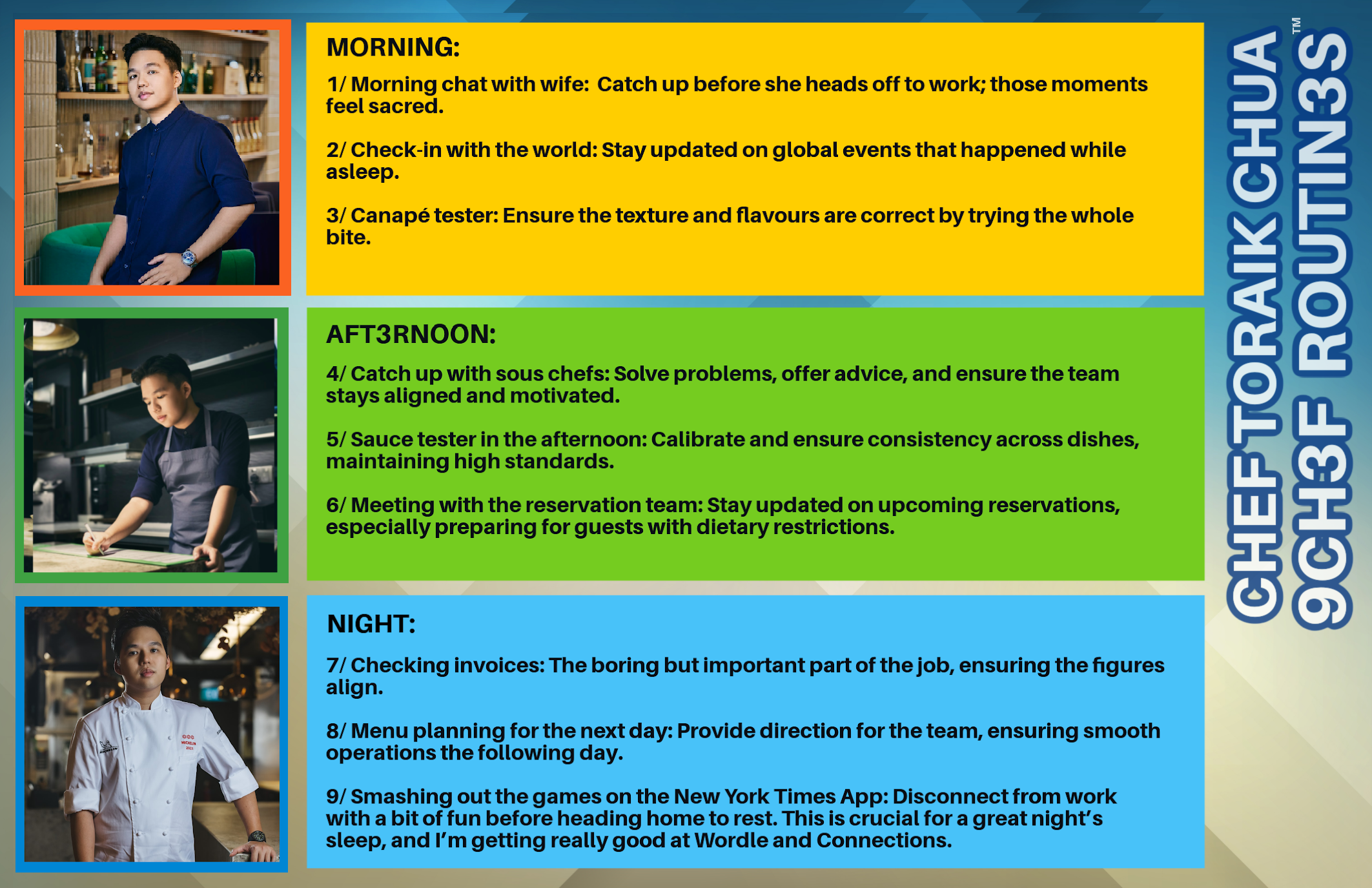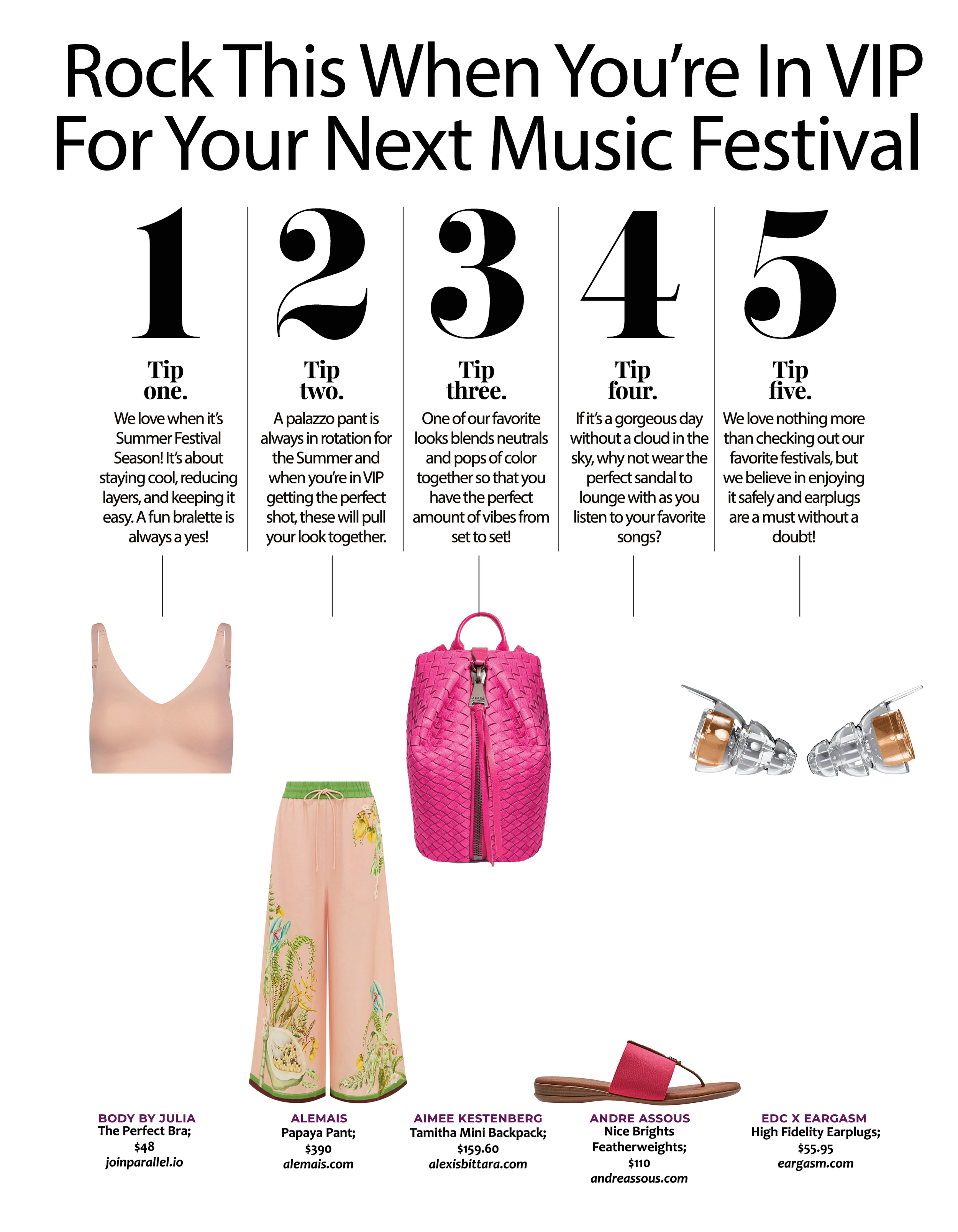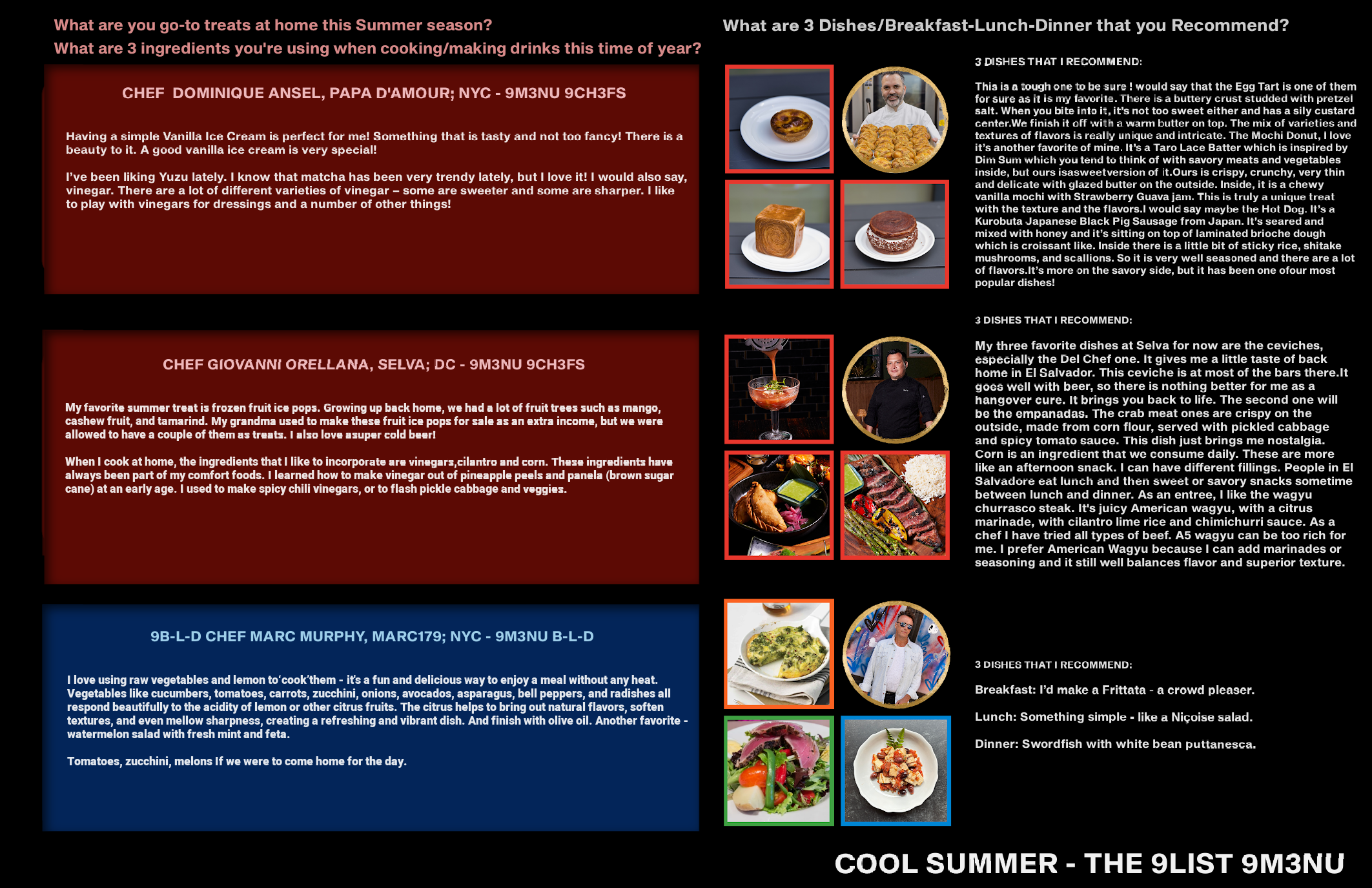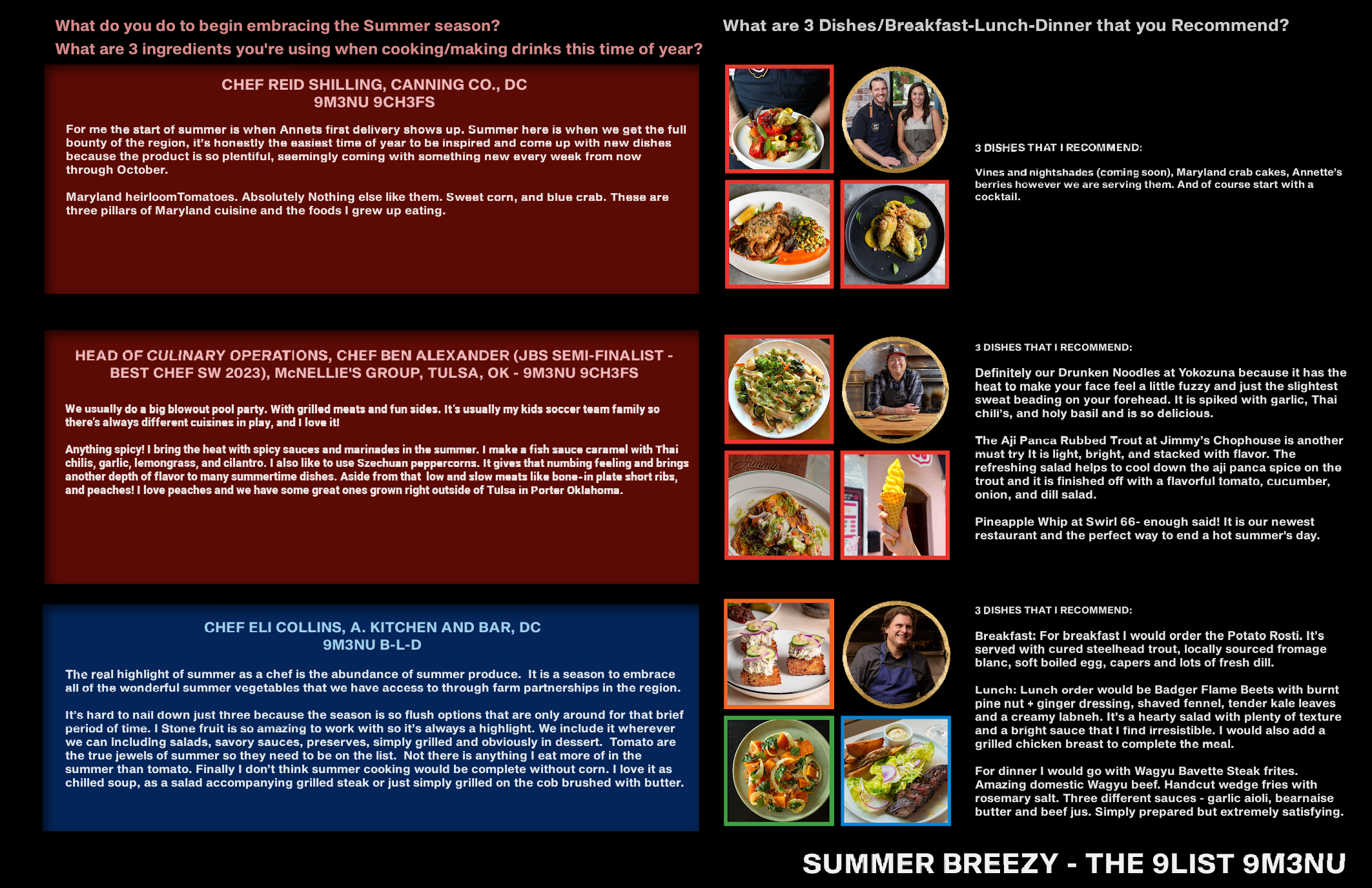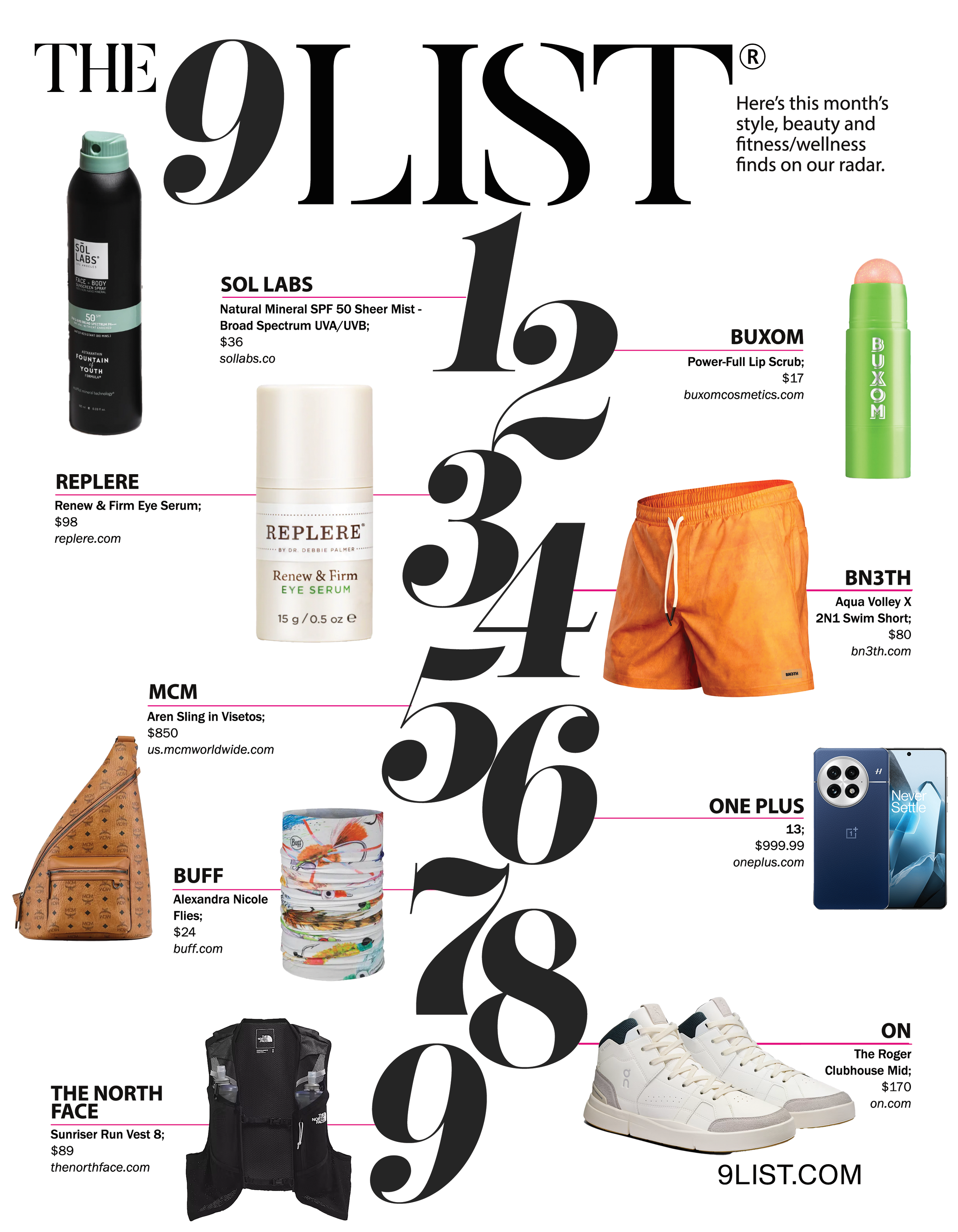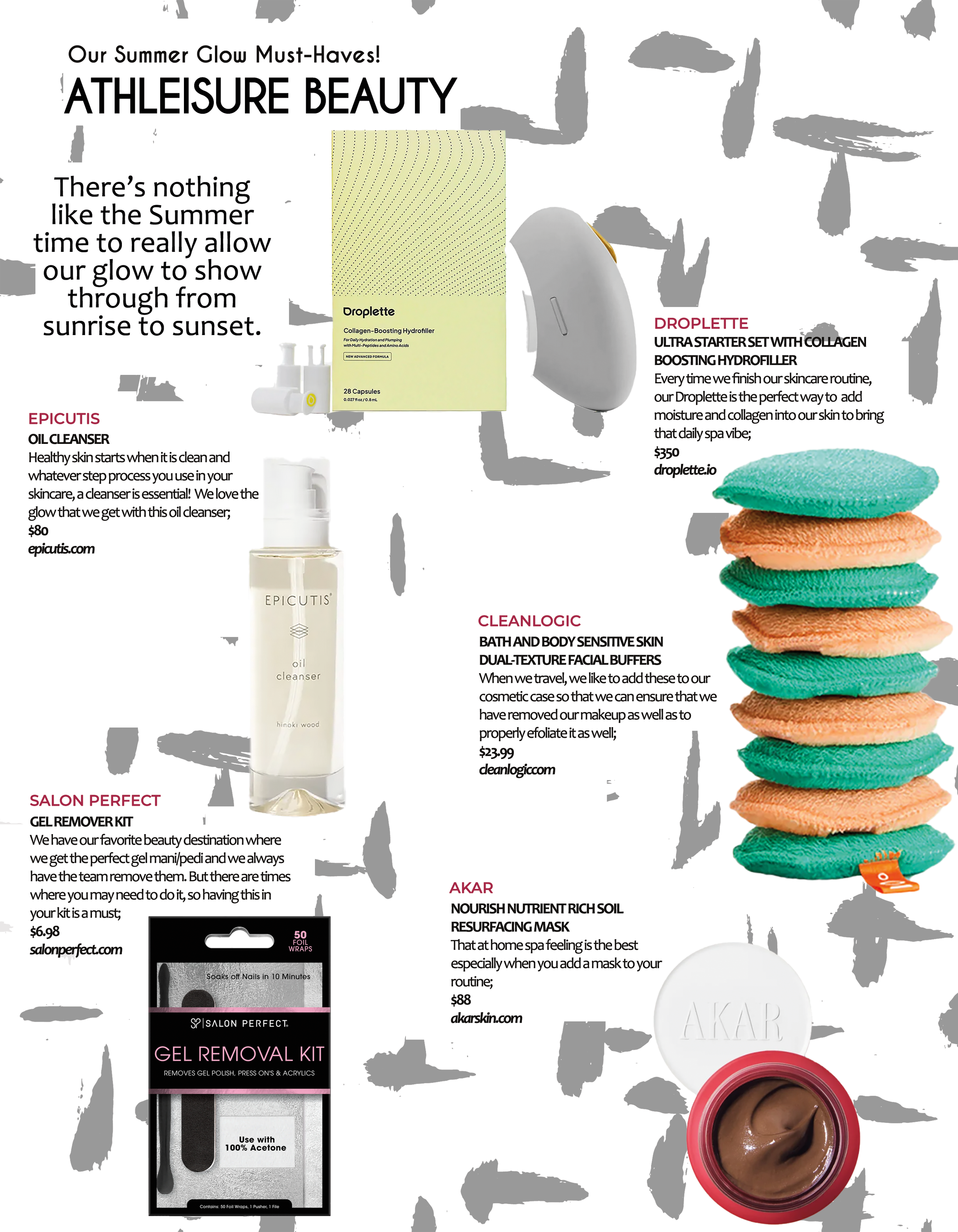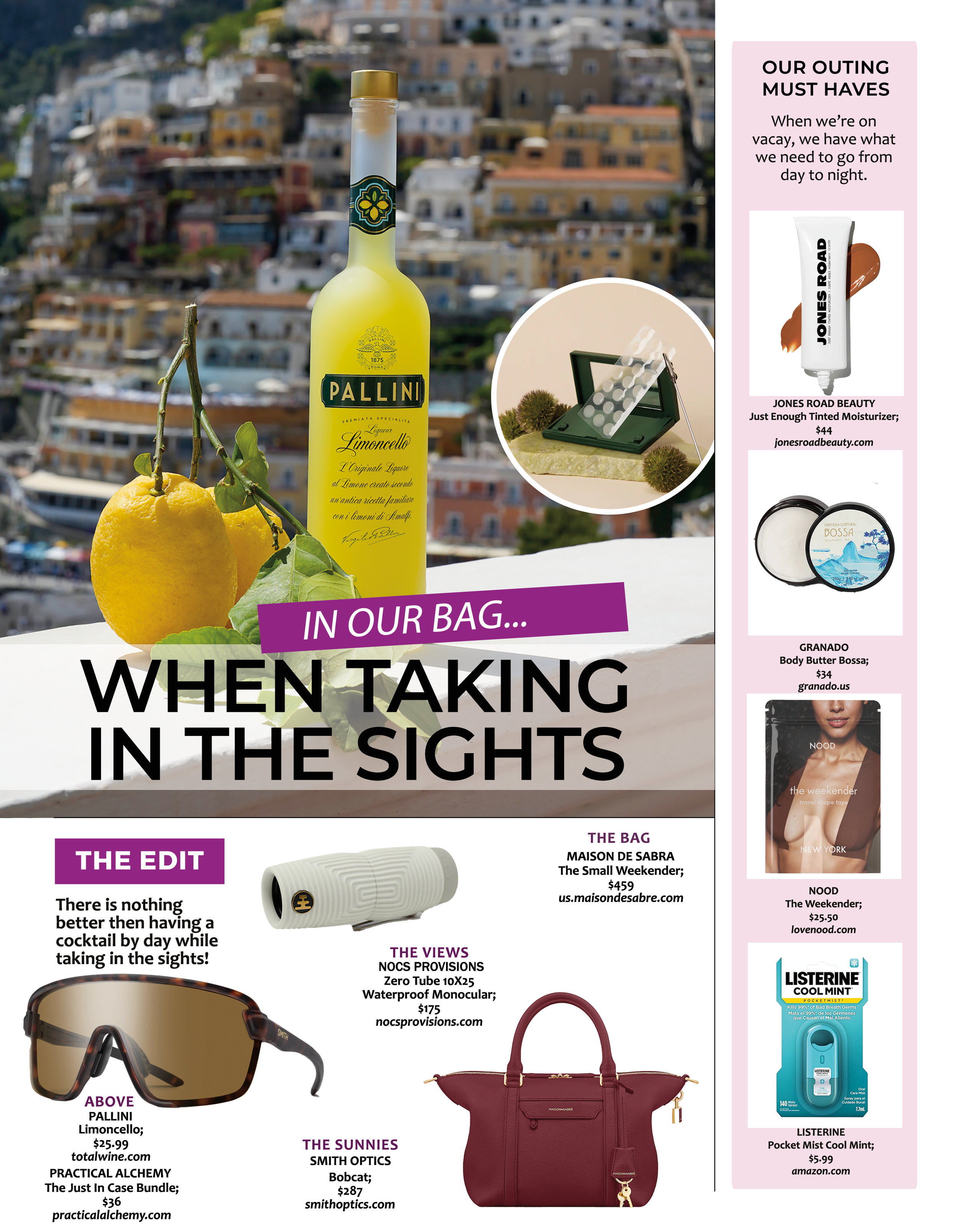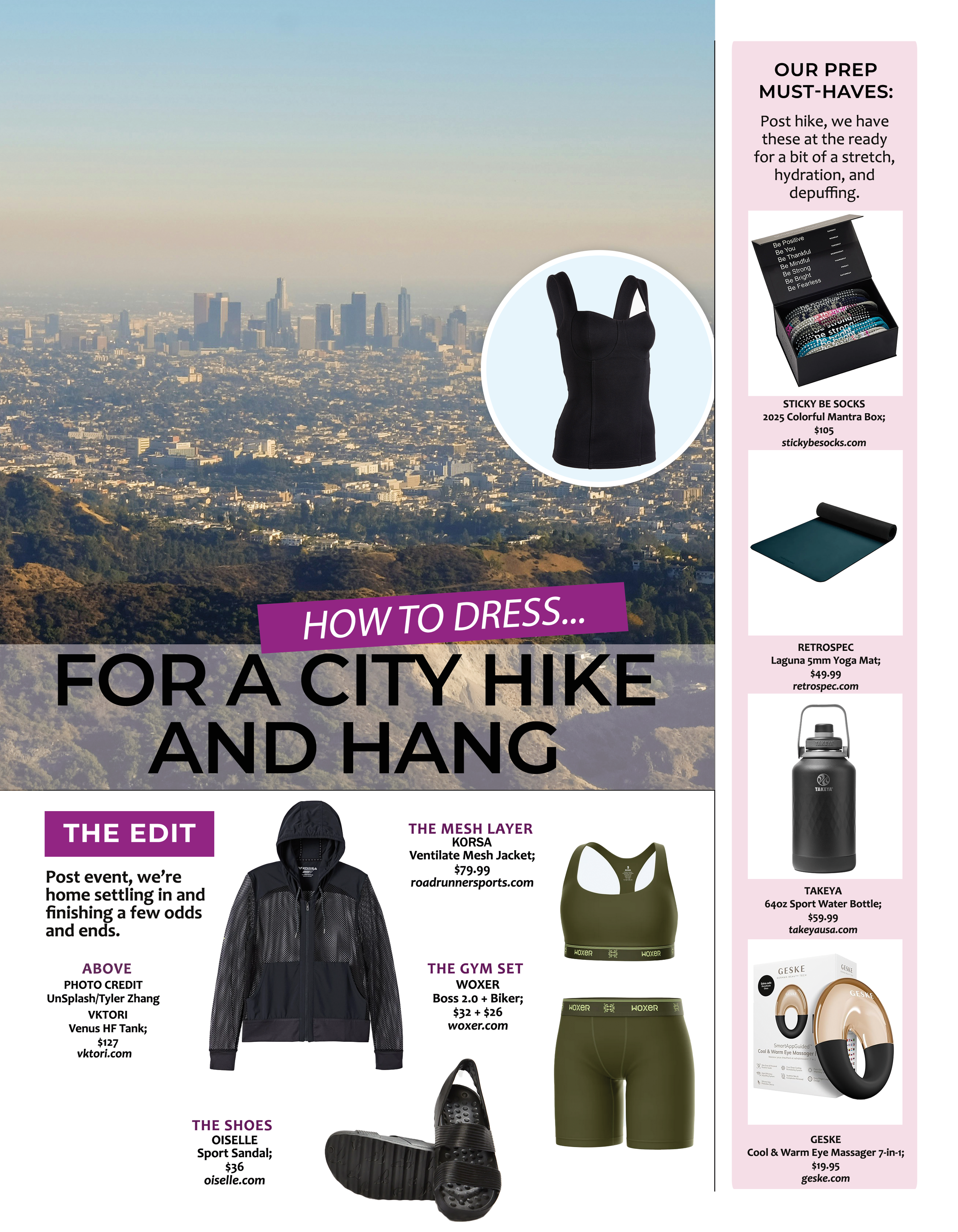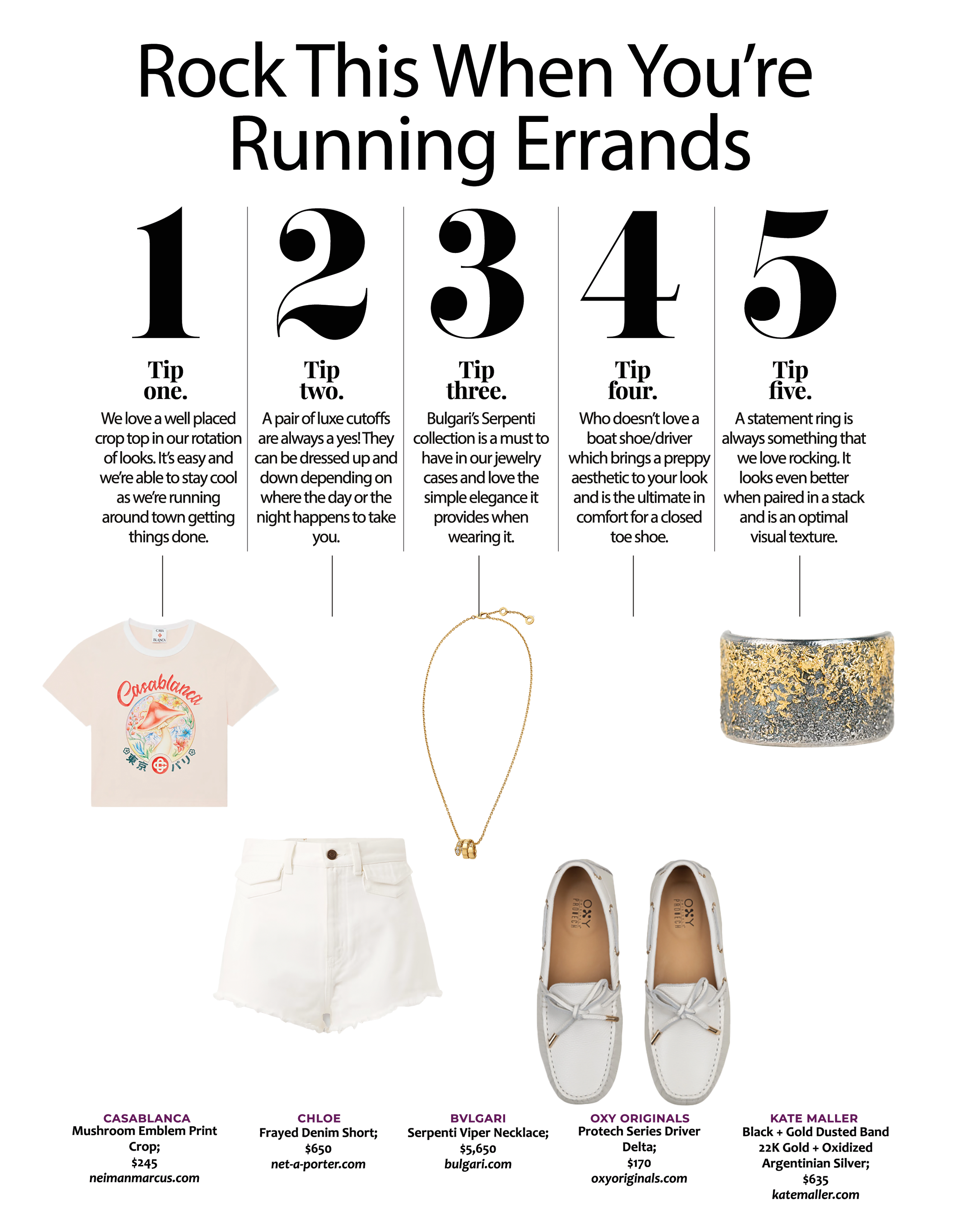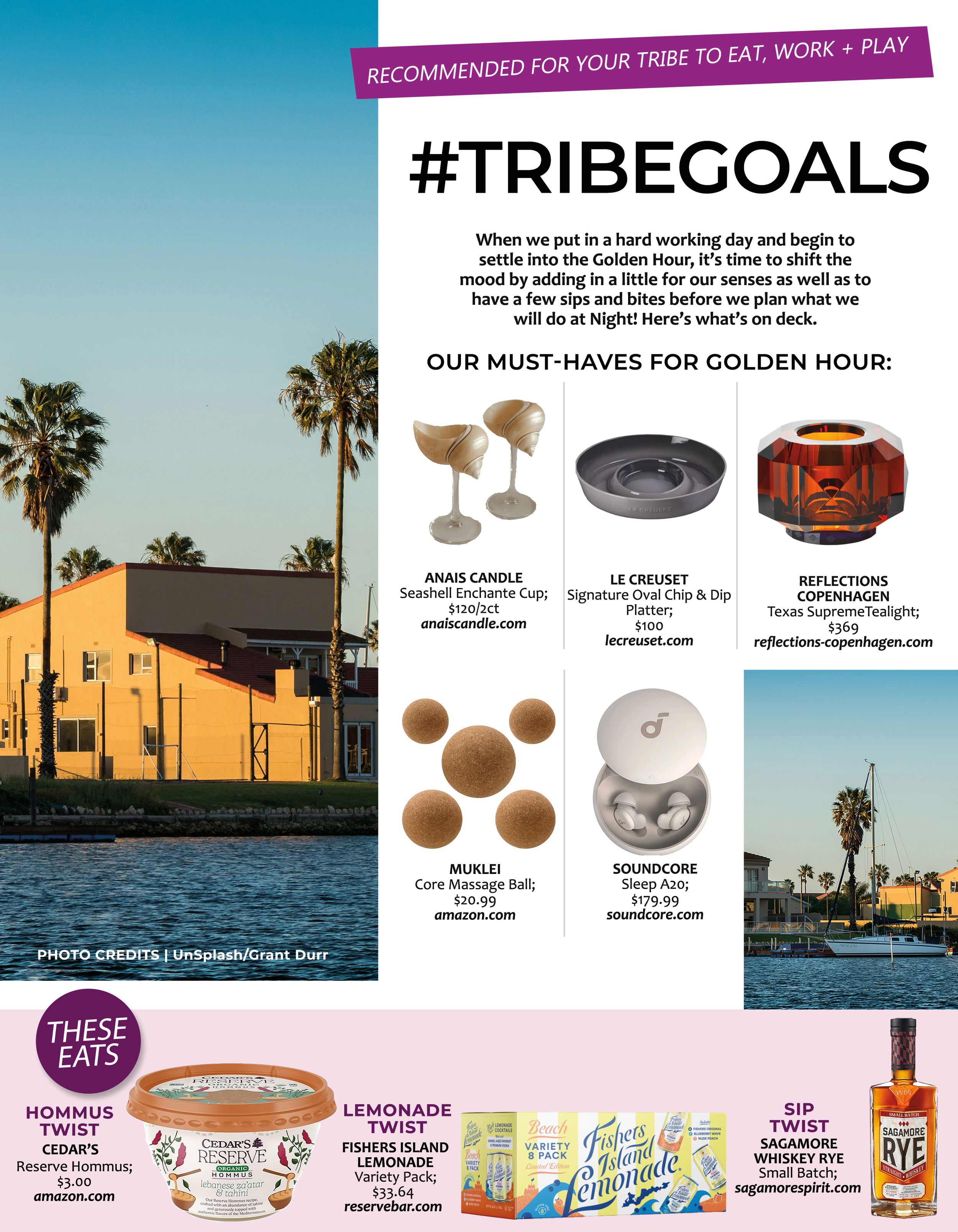Planning your first solo trip? That’s exciting—but let’s be real, it can also feel a bit overwhelming. You’re calling the shots, which is great, but it also means you’re responsible for everything. Every flight, meal, and bus ride comes out of your own pocket. If you’re not careful, things can add up fast.
The good news? You don’t need a complicated spreadsheet or a finance degree to budget for your trip. All you need is a simple plan that works for your lifestyle and goals. Let’s walk through how to do that without making it stressful.
Start With a Basic Budget Framework
Before you start checking flight prices or browsing hotels, take a step back. Think about how much money you actually have—and how much time you have to save before your trip. This gives you a starting point and keeps your plans realistic.
The easiest way to start is by looking at your monthly take-home pay. Once you know what you're working with, you can figure out how much to set aside each month until your departure date.
If you're unsure how to break it all down, the 50/30/20 rule is a great place to begin. It suggests putting 50% of your take-home income toward essentials (like rent and bills), 30% toward personal spending and wants (like travel), and 20% toward savings and debt. This rule isn’t strict—you can tweak it based on your situation—but it helps set some structure. If you know travel is a priority, you can shift more toward that 30% "wants" category and adjust as needed.
Once you know how much you can realistically save per month, you can estimate your total trip budget. That will guide your next steps.
Estimate All Your Core Travel Costs
Now that you know your ballpark budget, it’s time to look at the big stuff. These are the non-negotiables you’ll need to cover no matter where you go.
Start with:
● Flights
● Accommodation
● Local transportation
● Travel insurance
● Meals
Look up prices for each, even if your trip is still a few months away. Use real numbers based on your destination and travel dates. Google Flights, hostel booking sites, and public transit pages are your best friends here.
Be honest about your travel style. Are you okay with hostels or prefer a private Airbnb? Do you want to cook sometimes or plan to eat out every day? Your choices affect your budget, so try to match your research to how you actually want to travel.
And here’s a tip: Round up each estimate. It’s better to plan for $65 and spend $60 than the other way around.
Budget for Extra Stuff You’ll Actually Want to Do
Travel isn’t just about the basics. You’ll want to enjoy the place too. That might mean joining a food tour, going zip-lining, or visiting a few museums.
This is where you build in some flexible money—your “fun fund.” It’s there for things you don’t want to miss out on, but it still needs a cap. Think about how many paid activities you’d like to do and what they might cost. Be honest with yourself. If you know you’ll want to try a cooking class or take a train to a nearby city, make space for it in your budget.
Also, think about small purchases like souvenirs, extra coffee breaks, or late-night snacks. These seem small, but they add up if you don’t keep track.
Build in a Cushion for Unexpected Costs
Even with the best planning, things pop up. A delayed flight, a lost charger, or an unplanned taxi ride can throw off your budget if you haven’t allowed for it.
Plan for this by setting aside around 10% of your total travel fund for emergencies or surprises. You may not use it, but if you do, you’ll be glad it’s there.
If you have a little extra after the trip, that’s a win—you can roll it into your next adventure or treat yourself once you’re home.
Be Smart About Where You Can Save
Just because you’re traveling solo doesn’t mean you have to spend more. You can make smart choices without sacrificing the experience.
Here are a few ideas:
● Take public transportation instead of taxis or rideshares.
● Travel during the shoulder season to avoid high prices.
● Look for hostels with kitchens so you can cook a few meals.
● Book tours directly instead of through third-party sites.
● Walk when you can—it’s free and a great way to explore.
Think about what matters most to you. If you’d rather spend more on good food, cut back elsewhere. If sightseeing is your priority, skip the souvenir shops. You don’t have to cut everything—just the things that don’t matter much to you.
Use the Right Tools to Stay on Track
Once you’re on the road, it’s easy to lose track of spending, especially when you’re excited and everything feels new.
Try using a budgeting app that works offline or keep a simple note on your phone. Write down what you spend each day and check in with your total every few days. This helps you catch overspending before it gets out of hand.
It’s also a good idea to travel with a debit or credit card that doesn’t charge foreign transaction fees. That way, you’re not losing money with every swipe.
And if you’re worried about going over budget, withdraw a set amount of local cash for the week. Once it’s gone, it’s gone. This method can be a good way to limit spending without constantly checking your phone.
Traveling solo for the first time is a big step. It’s okay to feel nervous about money, but the truth is, a simple plan goes a long way. Once you know what you can afford and how you want to spend it, things feel a lot more manageable.
Your budget doesn’t need to be perfect. It just needs to reflect what matters to you. Keep it flexible, check in often, and adjust if you need to. The more clarity you have around your money, the more confident you’ll feel while you’re away.
With the right prep, you’ll spend less time worrying and more time enjoying your trip. And that’s what it’s really about.



